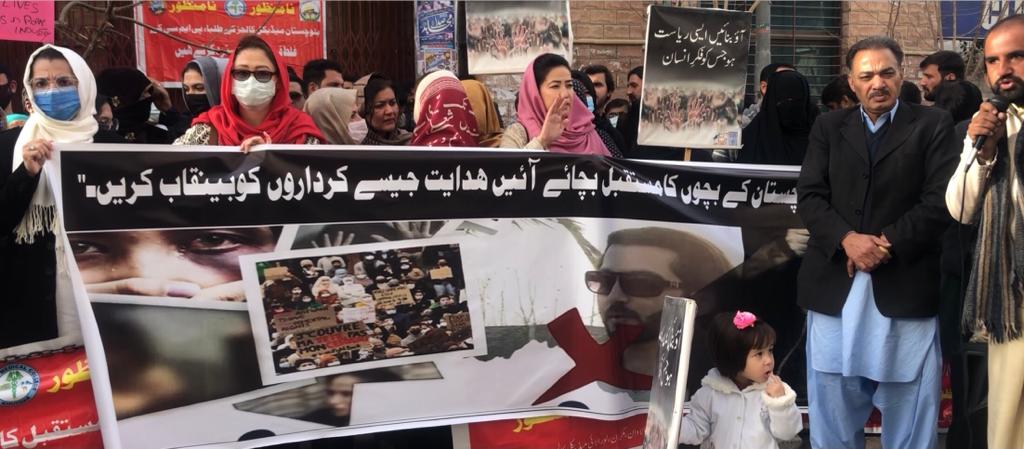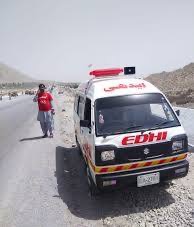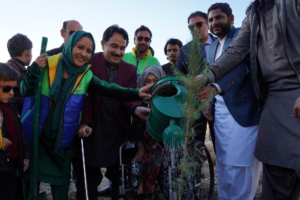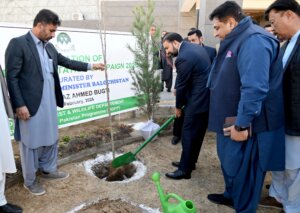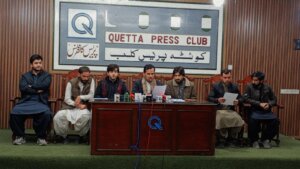Syed Ali Shah:
In a harrowing reminder of the entrenched brutality of so-called ‘honour killings’, recent incidents have shaken communities across Balochistan. Two women and two men fell victim to this archaic practice, highlighting the persistent menace lurking within the region.
Just days ago, a father took the life of his own 18-year-old daughter alongside another individual in Balochistan’s Naseerabad district. These tragic events are not isolated occurrences; rather, they represent a pattern of violence that has plagued districts like Naseerabad and Jaffarabad for years. It’s a grim reality influenced by customs seeping in from neighboring Sindh province.
The scourge of ‘honour killings’ extends beyond these districts, infiltrating the fabric of northern Balochistan as well. In a recent incident in the Killi Bakhtayarabad area of Dukki district, a man and a woman met a similar fate at the hands of relatives, who remain at large as police term both incidents as ‘honour killings’.
Described as a form of domestic violence by organizations like Aurat Foundation, these killings often escape justice due to familial ties between victims and perpetrators. Despite legislative efforts, impunity remains a significant hurdle in addressing this heinous practice.
Statistics from the UN Women Sub-Office in Quetta paint a chilling picture, with 16 reported cases of ‘honour’ claiming women’s lives in Balochistan this year alone. Yet, the true extent of the bloodshed remains obscured by tribal norms and administrative shortcomings.
Complicating matters further, administrative control in Balochistan largely falls under the sway of tribal elites, leading to underreporting in areas governed by levies. While the government has taken steps such as approving the women empowerment bill, legislative measures alone cannot dismantle entrenched societal attitudes.
In a society where regressive perceptions of women persist, challenging deeply ingrained beliefs is paramount. Beyond legal reforms, there’s an urgent need for community outreach programs to dismantle the tacit acceptance of these ‘traditions’. It’s crucial to educate society that what’s often termed ‘honour’ is, in reality, cold-blooded murder.
As Balochistan grapples with this crisis, the call for action grows louder. Only through concerted efforts to change attitudes and empower women can the cycle of gender-based violence be broken, paving the way for a more just and equitable society.
